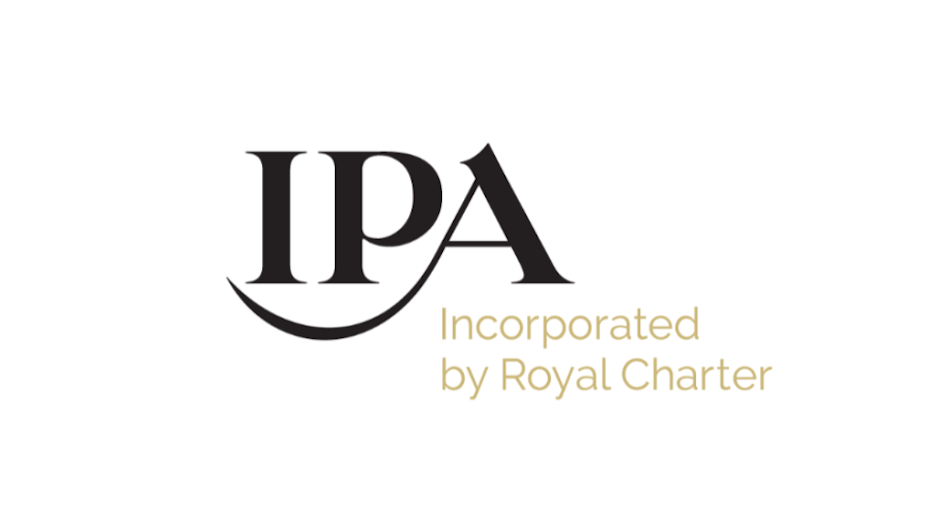
IPA Outlines Concerns Regarding Potential HFSS Ad Restrictions

The IPA, the body representing the UK’s leading advertising, media and marketing communications agencies, has expressed its concern regarding speculation that the Government may include a pre-9pm watershed ban on the advertising of high fat, sugar and salt (HFSS) food and drink products as part of its strategy to combat obesity (to be announced on Monday).
Says Paul Bainsfair, director general, IPA: “The restrictions on the advertising of HFSS products that Government may soon be imposing would contradict its own evidence of their likely, minimal, impact on obesity levels. Put simply, the ban will have no effect on childhood obesity. They would also be at odds with the support the Government has provided to businesses during the Covid-19 crisis. Covid-19 has already dealt a significant blow to many businesses, and advertising restrictions would compound these pressures at the very time when the economy needs to regenerate. Given the current economic climate, imposing restrictions on the very industry that helps promote economic activity is surely counter-intuitive, particularly when those restrictions will not achieve their intended aim.”
The IPA has outlined these concerns in more detail in a letter sent to the Prime Minister earlier this week (21st July), in which it stated:
- The Government’s own Impact Assessment of last year, published as part of its consultation on the introduction of further advertising restrictions, shows that a pre-9pm watershed ban would only remove around 1.7 calories per day from a child’s diet, the equivalent of half a Smartie. While the effect on obesity would be insignificant, the ban would have a severe impact on revenues and jobs across the advertising sector, including agencies.
- Over the last decade, the strict rules on HFSS advertising have reduced children’s exposure to HFSS advertising by around 70%, yet obesity levels in the UK have continued gradually to rise. With this in mind, and while we support the aim of reducing obesity, the introduction of such a draconian measure at this time could have deep repercussions for agencies and the advertising sector, generally, in terms of jobs and creative output, for very little end result.
- COVID-19 has already dealt significant blows to agencies, despite the generous support provided by your Government, and a pre-9pm watershed ban would compound these pressures. Recent research by Oxford Economics highlighted the “cultural catastrophe” that may await the creative sector due to the outbreak, and advertising in particular is likely to be hard hit by the COVID-19 headwinds. As that research shows, advertising and market research could already see turnover drop by £19 billion (-44%), with potential job losses of 26% (49,000 roles), with spend on advertising expected to drop by £4 billion in 2020 (-17%).
- The advertising industry has much experience of designing effective campaigns to improve the health of the nation. As we said in our response to the consultation last year, we wish to help Government achieve its aim of tackling obesity, but a pre-9 pm advertising ban would be wholly disproportionate. It would damage advertising - a hugely successful UK industry that ought to be championed by Government – thereby restricting businesses’ ability to grow. It would also restrict consumer choice and cause job losses across agencies and the rest of the advertising sector.
In closing Paul Bainsfair said: “We hope, of course, that agencies do not see such a drastic decline in business and headcount as is predicted, but such an outcome only seems more likely if advertising bans are introduced at the very time we would hope to see a revival across our sector. The advertising industry has shown it can play a valuable, constructive role in encouraging behaviour changes that will improve public health. We ask that this is recognised and that ineffective policies, however well-meant, and which would have a devastating effect on an already fragile advertising industry, are not introduced.”
The IPA is working with the Advertising Association and fellow trade bodies and will issue further comment once it has seen the full details of the Government’s Obesity Strategy to be announced on Monday (27th July 2020).










